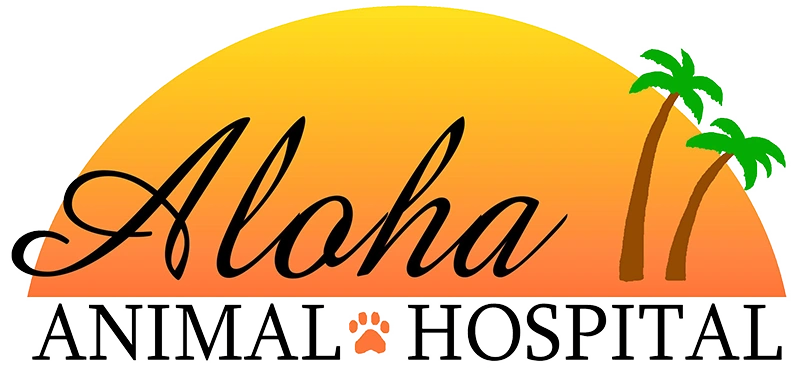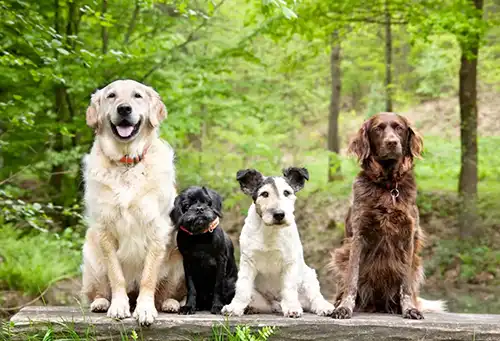March is Poison Prevention Awareness Month. If you have a pet bird, this is definitely something for you to be aware of! Birds are quite small, so even small amounts of toxins can be extremely dangerous for them. A Las Vegas, NV vet lists some things that are poisonous to birds.
Foods
Polly enjoys a good snack just as much as any other pet. However, not all foods are safe for her. Never give your bird garlic, onions, scallions, and chives; chocolate; apple seeds; mushrooms; salt; avocados (even in guacamole); alcohol; onions; dried beans; tomato leaves; or anything that contains caffeine or xylitol.
Chemicals
Many of the things you will find in a normal household are toxic to our feathered pals. Furniture polish, dish soap, fertilizers, automotive products, paints, varnishes, and pesticides are just a few examples of things that are dangerous to your winged pal. With birds, there is also an additional risk because of the fumes.
Fumes
Any kind of vapor or aerosol is a hazard to birds. Even things that seem harmless, like scented candles, and air fresheners, are unsafe. Cooking fumes are also a concern. Many types of modern cookware emit odorless fumes when in use. These are extremely toxic to your little buddy!
Medicine
Human medicines-both prescription and OTC-are another hazard. Some birds can get the caps off small bottles, or even break the plastic containers apart. Pills are, of course, very small, so even swallowing a few is very dangerous.
Plants
Your winged friend may appreciate having a few plants near her cage. This will help her feel more like she’s in a tree, which will help her feel comfortable and at home. However, be very careful with what plants you put out. Many plants are toxic to birds! Some dangerous ones are Calla lilies, crocus, philodendron, daffodils, Devil’s ivy, Castor plants, hyacinth, elephant’s ears, and oleander. Ask your vet for more information.
Warning Signs
It’s important to know the signs of poisoning in birds. Some common ones are tremors, vomiting, diarrhea, lethargy, increased urination, and depression. Polly may also seem uncoordinated. She may stagger, or even fall off her perch. If you notice any of these symptoms, contact your vet or the nearest emergency clinic immediately.
Please contact us, your Las Vegas, NV vet clinic, anytime. We’re here to help!






!Social Media Icons